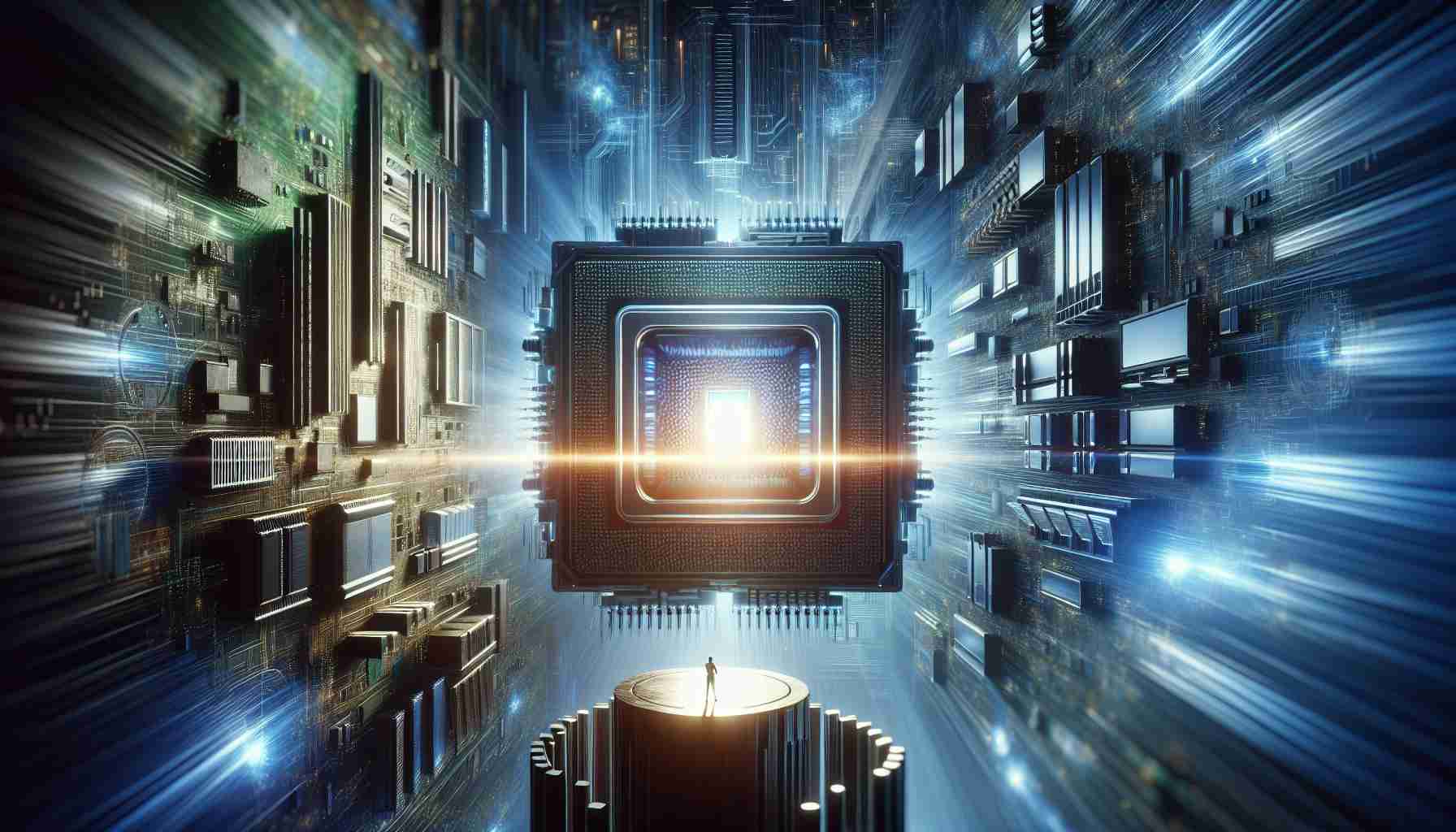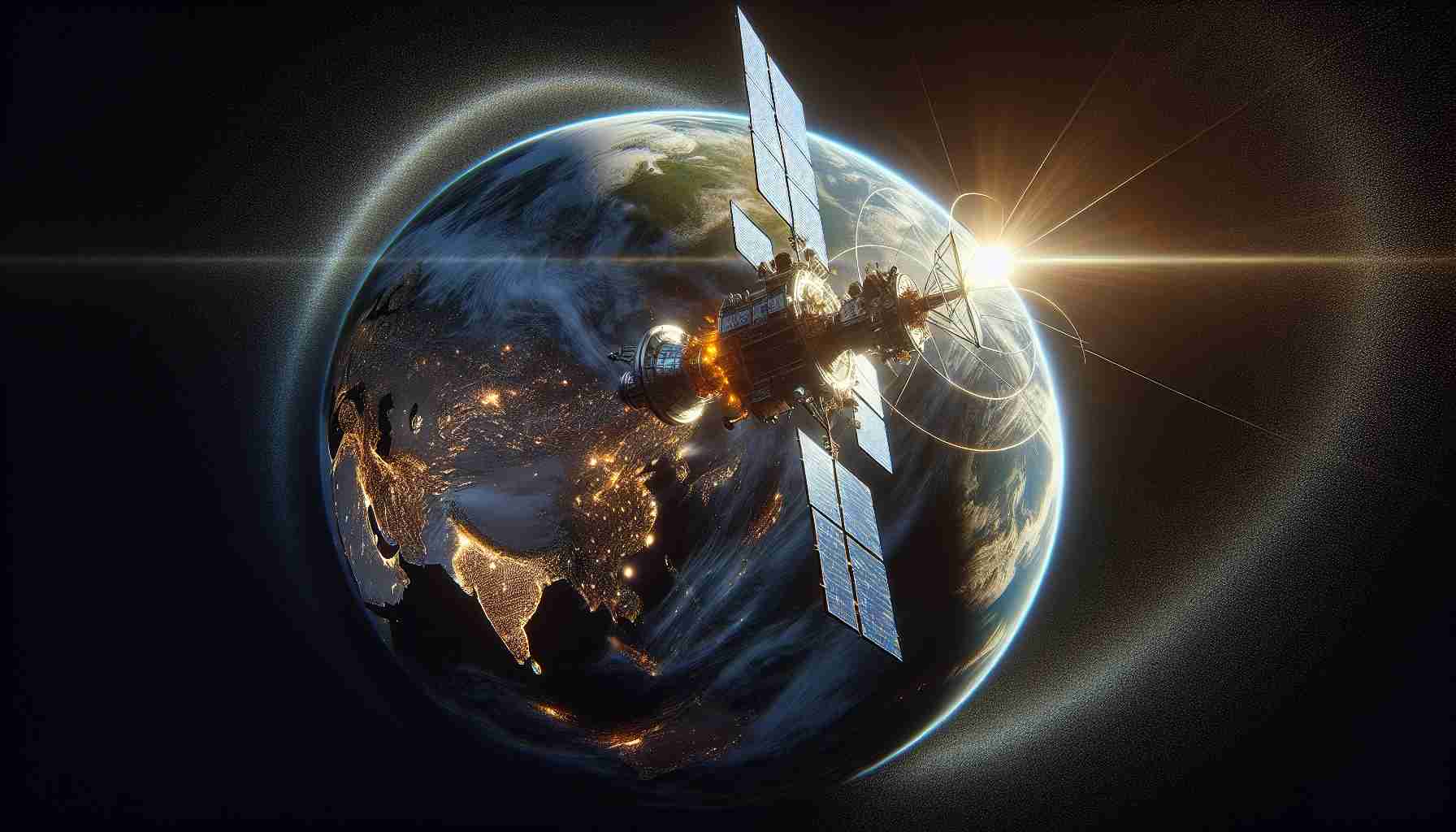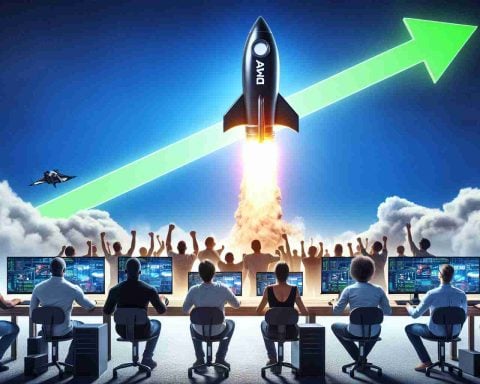While Microsoft’s Xbox has struggled to make a significant impact in Europe, the company seems to be shifting its focus towards cloud gaming rather than continuing with console hardware. Although Xbox has a dedicated fan base, it has failed to win over wider audiences outside of its niche market.
It appears that Microsoft may be quietly moving away from console manufacturing, as they recognize the challenges of competing in a market dominated by PlayStation and Nintendo. Instead, the company seems to be investing in cloud gaming, where it has the potential to dominate. However, the biggest hurdle for Microsoft is ensuring that the necessary broadband infrastructure is in place to fully capitalize on this new approach.
The question remains: what are Microsoft’s plans for the next generation? It’s difficult to envision them releasing another traditional console, given the changing landscape of the gaming industry. Speculations suggest that Microsoft may explore alternative options, such as branded PCs or even a handheld device. However, it remains uncertain how these options will bring about the technological leap that Microsoft desires.
In the midst of this transition, physical game retailers like GAME are facing challenges. Although there is still a place for buying physical games, online platforms like Amazon offer convenience and competitive pricing that traditional retailers struggle to match. Without a compelling rewards program or a thriving second-hand market, retailers like GAME are finding it hard to allure customers away from the digital realm.
As for Xbox owners, their consoles remain essential. While digital gaming continues to rise in popularity, there are still those who prefer physical copies of games. And as long as Microsoft continues to support the Xbox Series X and releases new games for it, owners will remain satisfied. The potential addition of an Xbox handheld device would be a welcomed bonus for devoted fans.
In other gaming news, the cancellation of the summer demos event on Xbox has left gamers questioning its absence. In previous years, this event showcased dozens of unreleased games, giving players a chance to try them out before their official release. However, this year, there have been no updates or announcements about the event, leaving its fate uncertain.
In conclusion, Xbox’s future seems to be shifting towards cloud gaming, potentially marking the end of the traditional console era. While physical game retailers face challenges, the appeal of digital gaming and online platforms like Amazon continue to grow. As the gaming industry evolves, it will be interesting to see how Microsoft adapts and whether their new approach can capture a wider audience.
Additional facts:
– Microsoft has been expanding its cloud gaming service, known as Xbox Game Pass Ultimate, which allows subscribers to access a library of games and play them on various devices, including smartphones and tablets.
– Xbox is also exploring the concept of streaming games directly to smart TVs, eliminating the need for a console altogether.
– Microsoft’s acquisition of ZeniMax Media, the parent company of popular game publisher Bethesda, in 2020, indicates their commitment to further strengthen their gaming portfolio and solidify their position in the industry.
– Xbox has been focusing on backward compatibility, allowing players to access and play older Xbox titles on newer consoles, which has been well-received by fans.
– Microsoft has been actively investing in the development of first-party exclusive titles for Xbox, which can help drive interest in their gaming platform.
Key questions and answers:
1. What are Microsoft’s plans for the next generation?
– Microsoft’s plans for the next generation seem to be centered around cloud gaming and expanding their subscription-based services, such as Xbox Game Pass Ultimate.
2. Will Microsoft release another traditional console?
– It is uncertain whether Microsoft will release another traditional console, as the focus seems to be shifting towards cloud gaming and other alternative options.
3. How does Microsoft plan to overcome the challenges of broadband infrastructure for cloud gaming?
– Microsoft will need to work with internet service providers to improve broadband infrastructure and ensure consistent and reliable internet speeds for a seamless cloud gaming experience.
Key challenges or controversies:
1. Broadband infrastructure: Microsoft needs to ensure that there is widespread access to high-speed internet for cloud gaming to be successful. This is particularly challenging in regions with limited internet infrastructure.
2. Competition with established consoles: Microsoft will need to compete with the dominance of consoles like PlayStation and Nintendo, who have already established a loyal customer base.
Advantages:
1. Accessibility: Cloud gaming allows players to access a vast library of games without the need for expensive hardware, making gaming more accessible to a wider audience.
2. Flexibility: With cloud gaming, players can play their favorite games on various devices, regardless of their location, offering more flexibility in gaming.
Disadvantages:
1. Dependence on internet connection: Cloud gaming relies heavily on a stable and fast internet connection. Any disruptions or slow speeds can negatively impact the gaming experience.
2. Limited control: Cloud gaming may have limitations in terms of input lag and control responsiveness compared to playing games locally on a console or computer.
Suggested related link: Official Xbox website






















